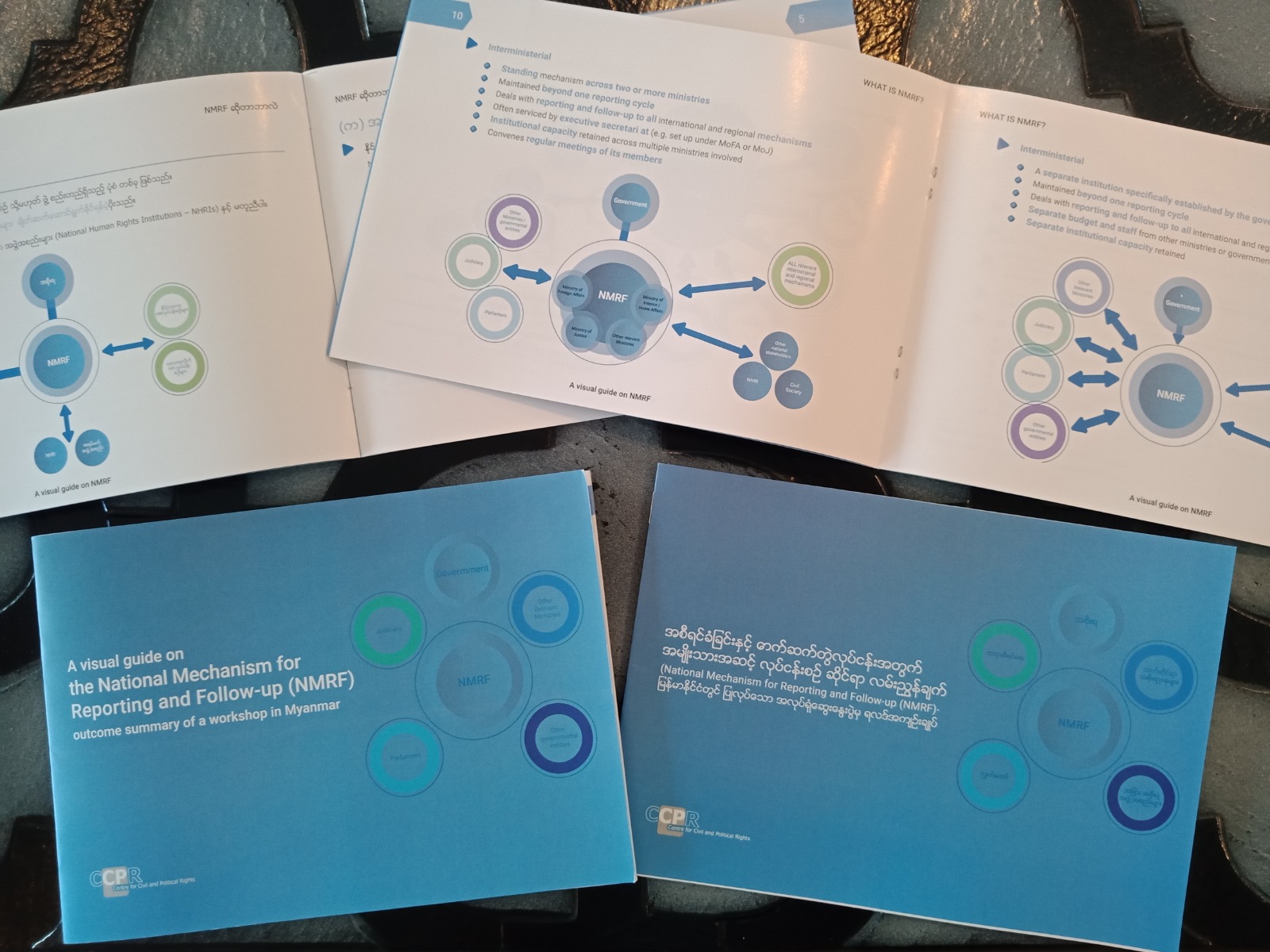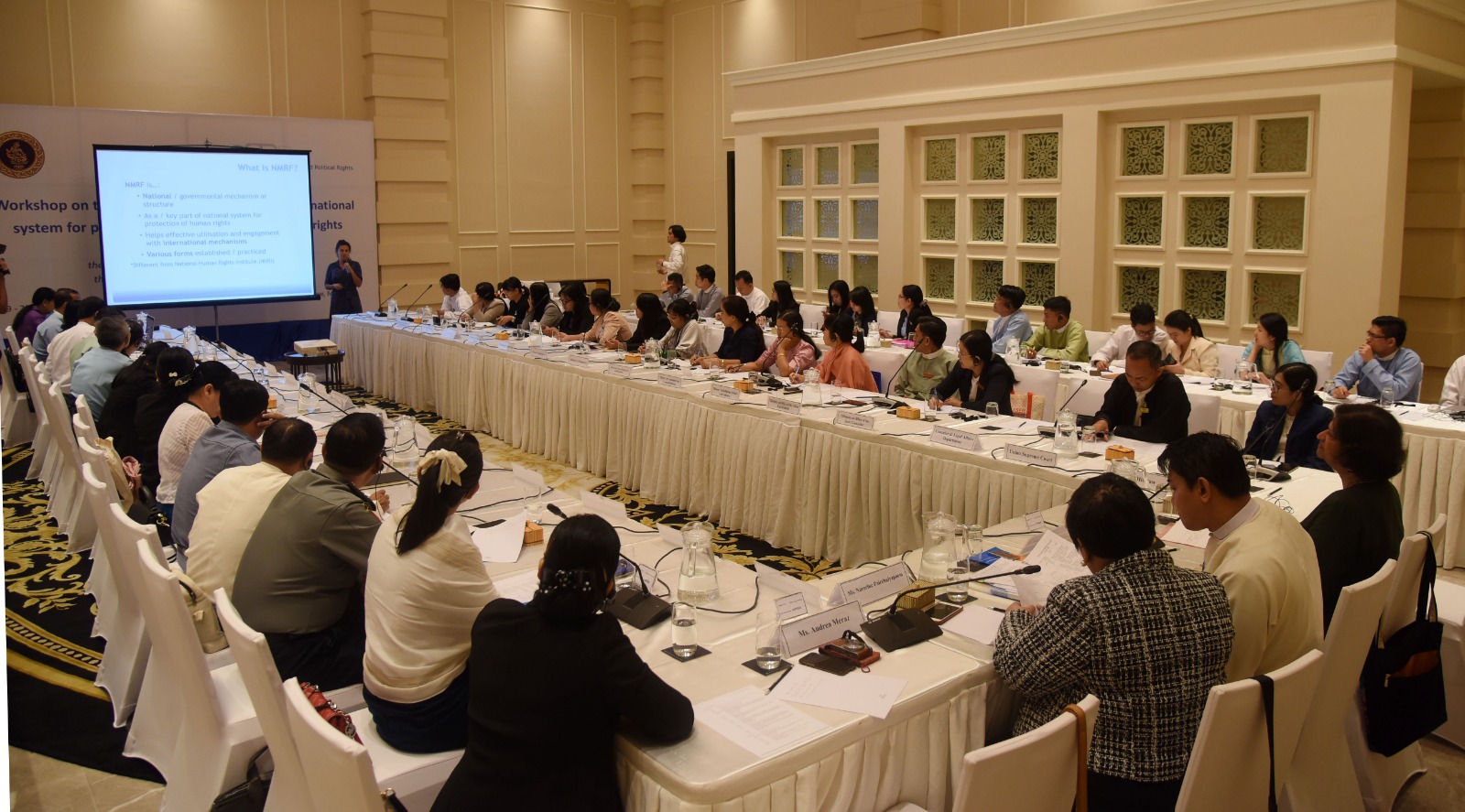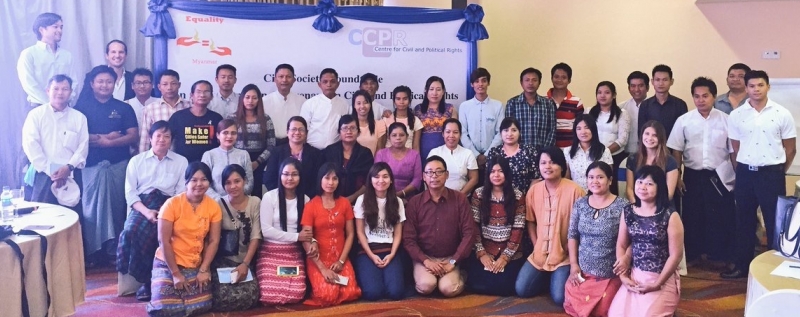49 Session of the Human Rights Council: Stronger actions needed for Myanmar
Published on 06 Apr 2022, 12:41 PM
The Human Rights Council held its 49 Session from the 28 of February to the 1st of April 2022. The situation in Myanmar was once again on the agenda.
 Photo by Lyn Bo Bo, EPA
Photo by Lyn Bo Bo, EPA
Myanmar caught in a “downward spiral of violence”
Prior to the session, the UN High Commissioner Michelle Bachelet submitted a report to the members of the Council, describing Myanmar as being caught in a “downward spiral of violence” since the coup on 1st February 2021.
The report describes a violent context characterized by the increasingly brutal repression of individuals actually or seemingly opposed to military rule, by violent resistance to the coup, and by several clashes that have been found to amount to active non-international armed conflicts, including between the Tatmadaw and ethnic armed organisations in Chin, Kachin, Kayah, Kayin, Rakhine and Shan States.
According to the report’s findings, since May 2021, 543 individuals have reportedly been killed owing to their perceived support of the military. The Tatmadaw continue to use air strikes and heavy weapons in populated areas to purposefully instill fear in villagers; forcibly displacing over 441,500 people from their homes since February 2021. To date, more than 15,000 people have crossed the border to India or Thailand. All the while, military authorities are blocking humanitarian access to new and pre-existing areas of need by delaying or denying travel authorizations, tightening bureaucratic requirements, and establishing new roadblocks and checkpoints.
The Centre’s call for stronger actions by Treaty Bodies and key stakeholders
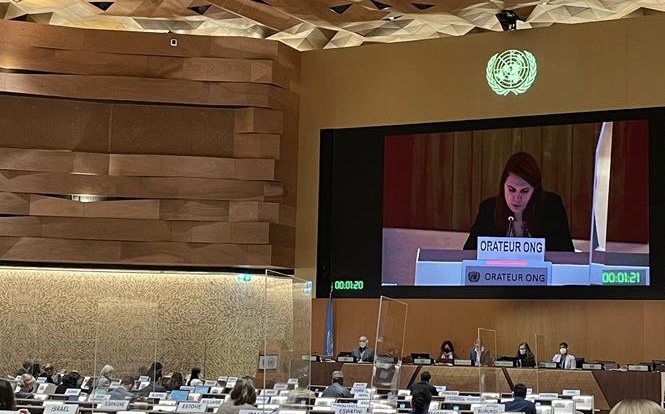
Actions taken by the international community have remained limited in scope and impact on the ground. Despite having reached a five-point consensus in April 2021, leaders of States members of the Association of Southeast Asian Nations (ASEAN) have not achieved tangible results.
Echoing the recommendations made by the High Commissioner, during the 49th session of the HRC the Centre called for stronger actions by the international and regional bodies to save the lives of millions of people in Myanmar and to hold the Tatmadaw accountable. In its oral statement, the Centre posed two questions to the High Commission. The first one focused on measures taken or planned to engage the Treaty Bodies in the effort to seek accountability. The second question asked about possible recommendations to the civil society and other key stakeholders like ASEAN and its Special Envoy to reinforce each other’s work and find lasting solutions.
For more information, please see the Centre's full written statement, the oral statement presented at the Interactive Dialogue with the High Commissioner for Human Rights on 21 March 2022 (full text here) and the oral statement presented during the Interactive Dialogue with the Special Rapporteur on the Situation in Myanmar on 18 March 2022 (full text here).
 Photo by Lyn Bo Bo, EPA
Photo by Lyn Bo Bo, EPA




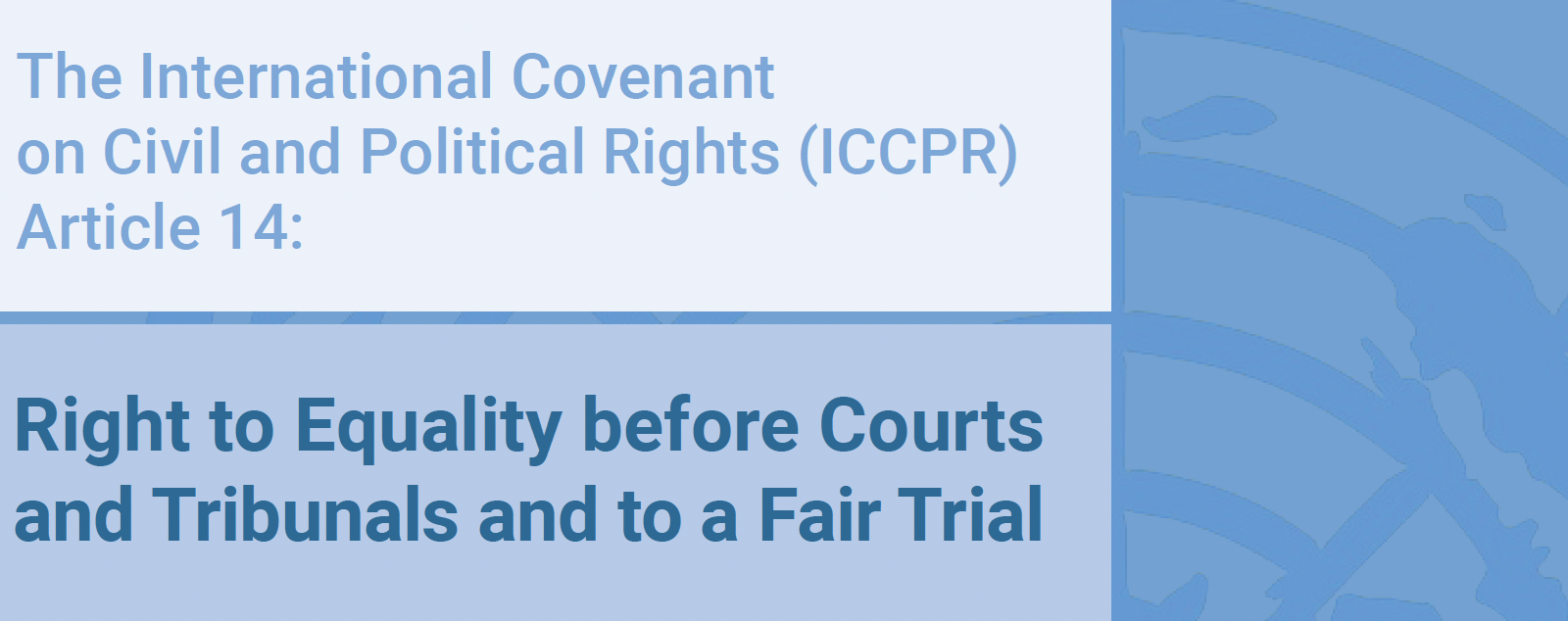
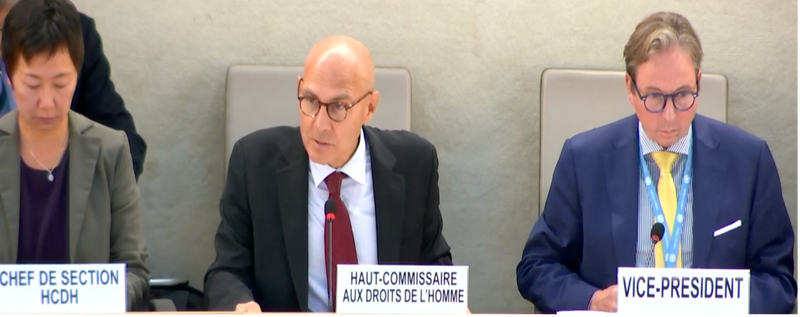
.jpg)
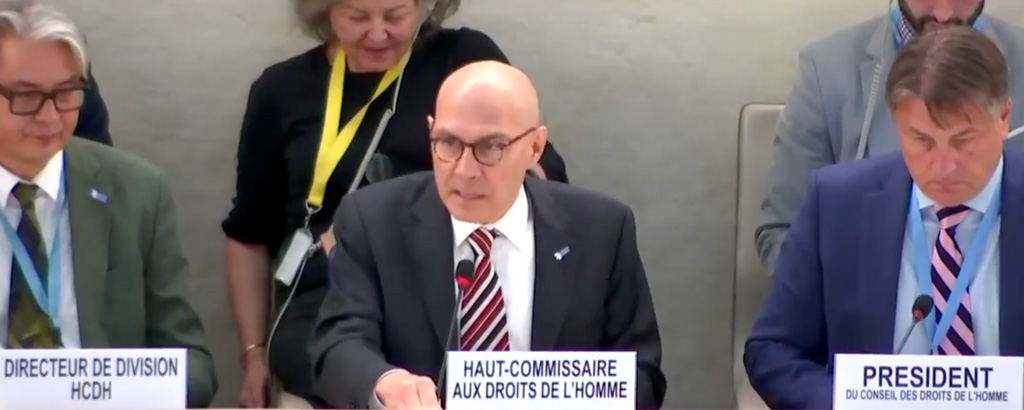
.jpg)
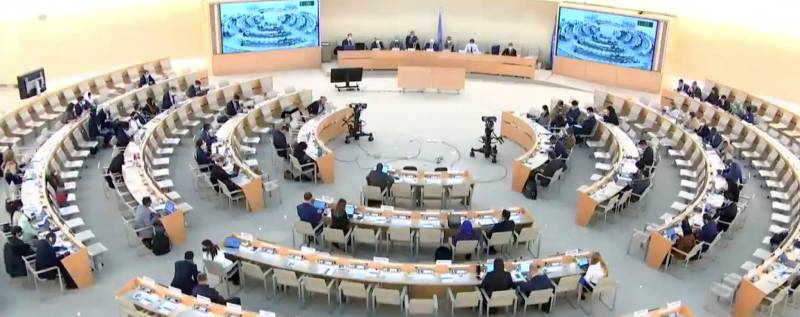
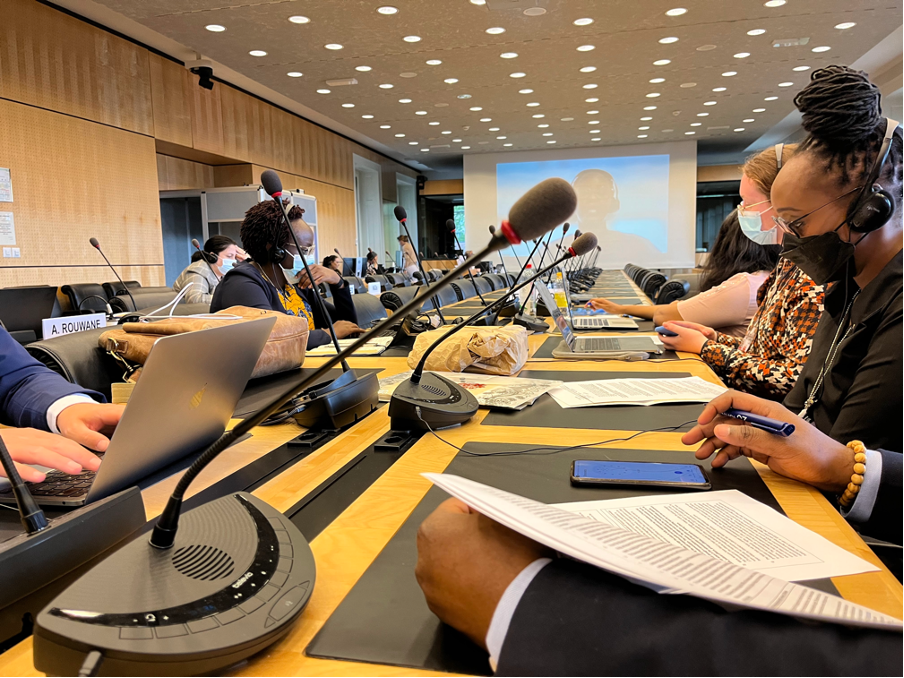
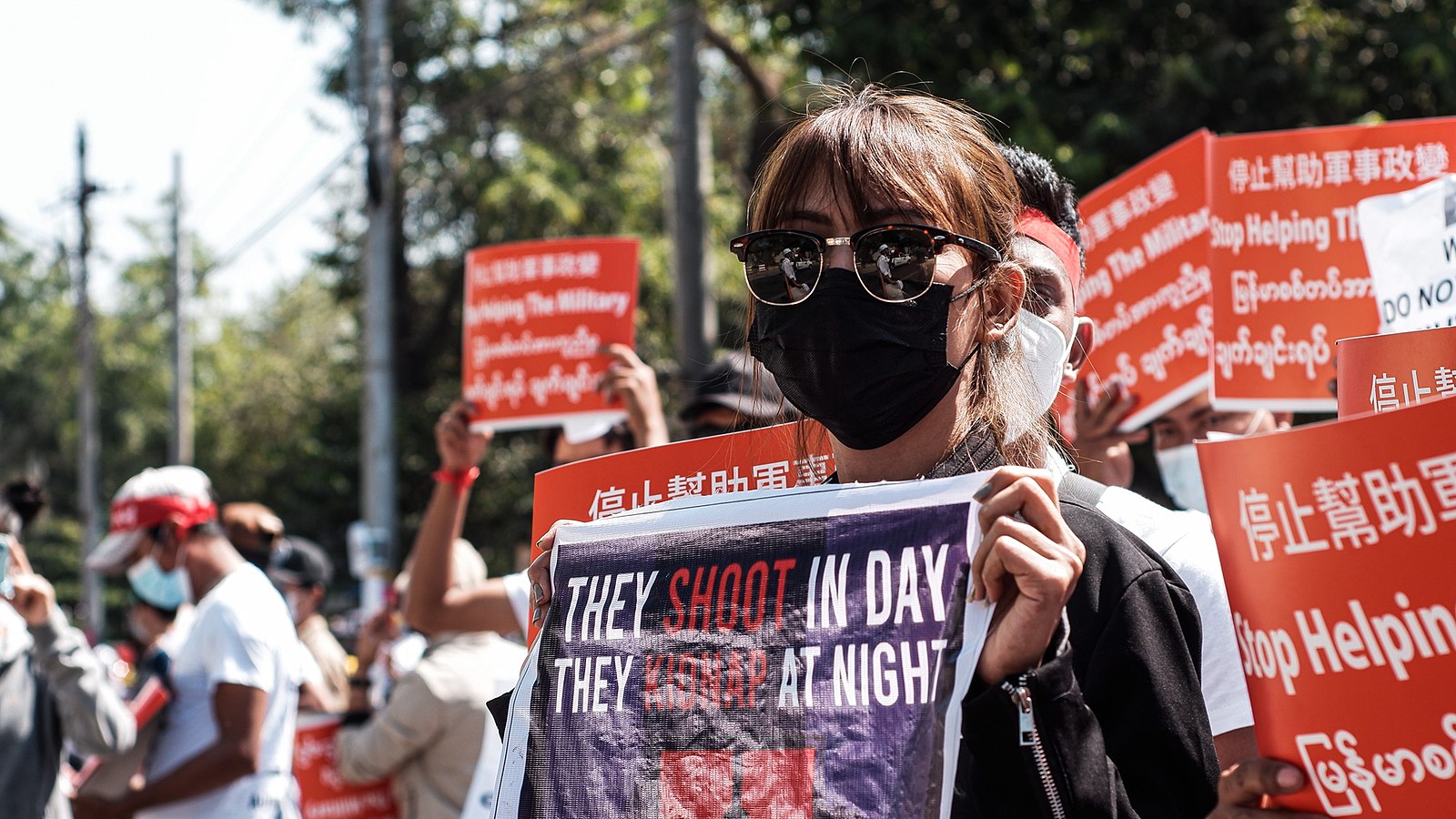
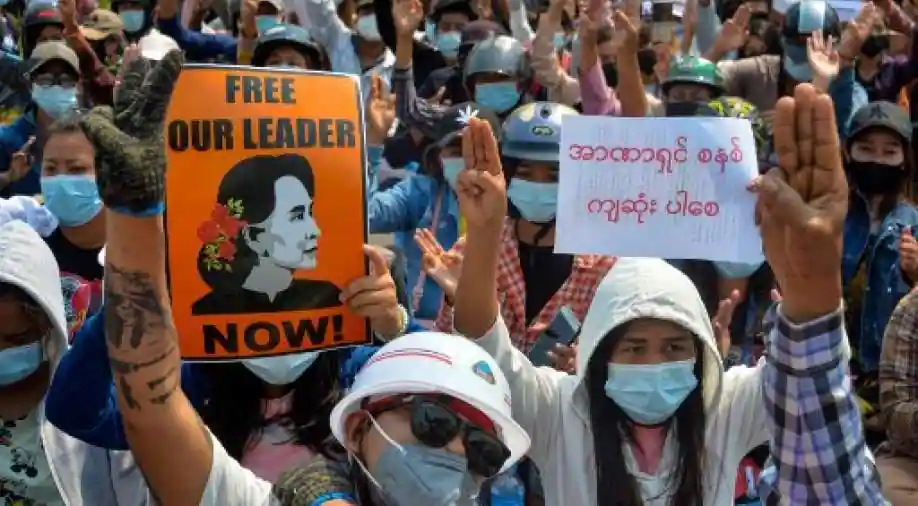
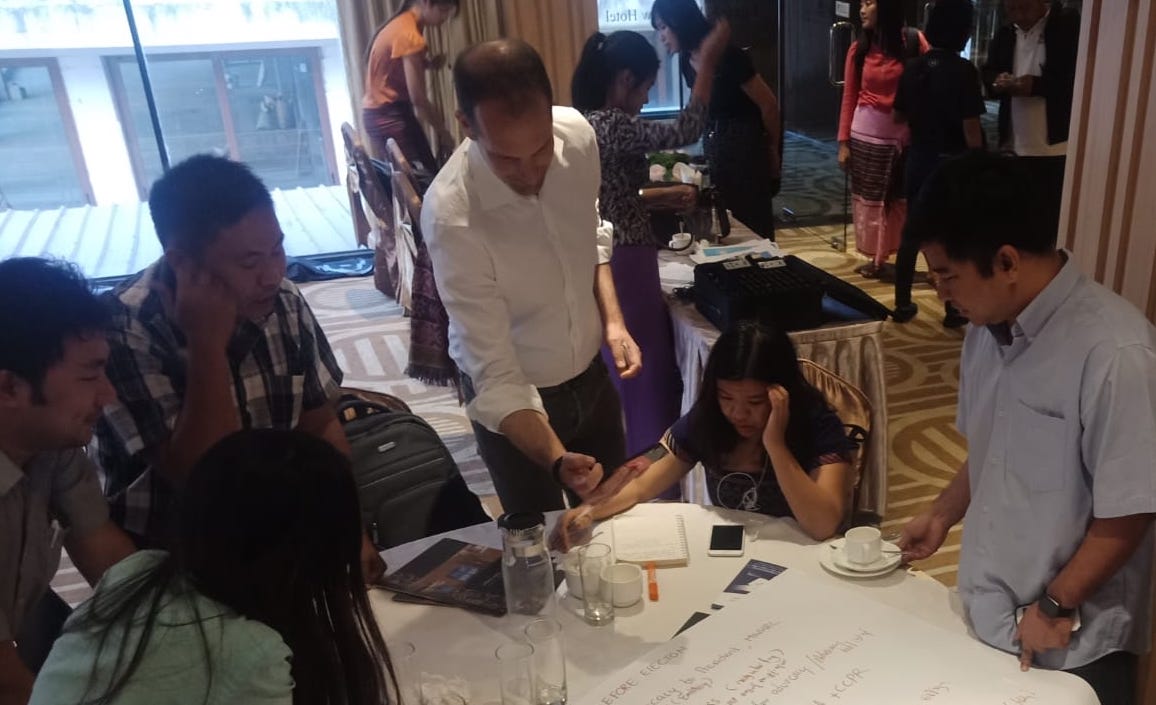
 copy.jpeg)
